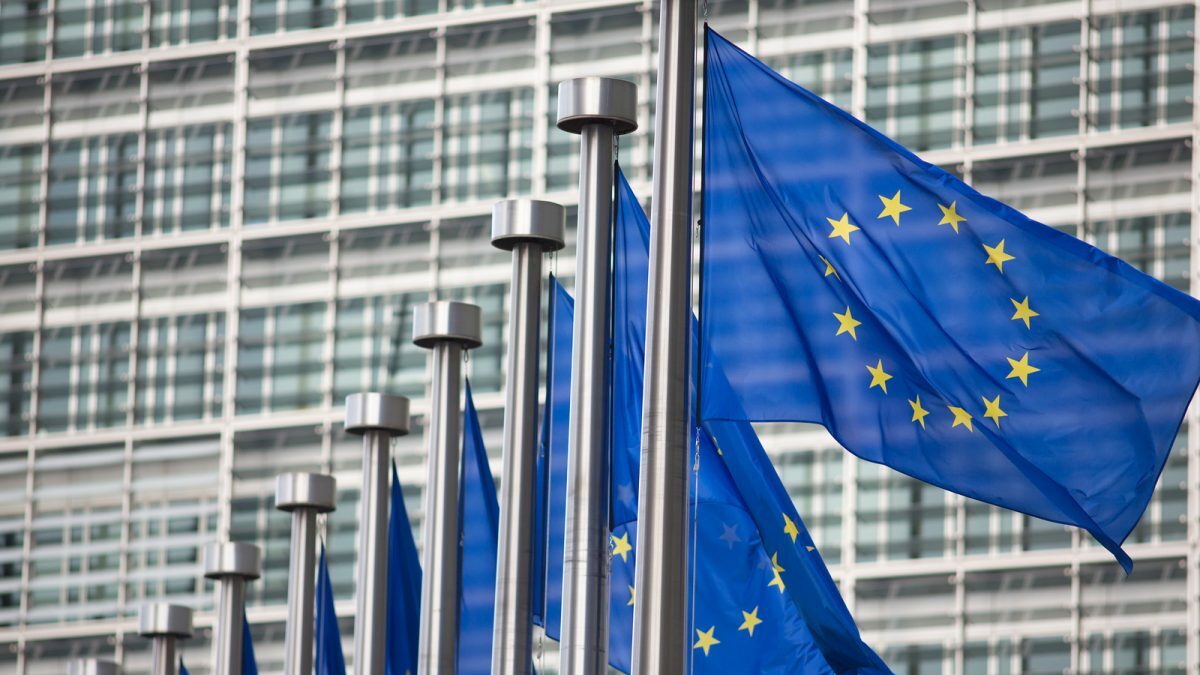Apple has recently announced significant changes to its compliance plan for the Digital Markets Act (DMA) in response to pressure from the European Union.
The European Commission has long accused Apple of stifling competition within its App Store, and the DMA has provided the regulatory framework to address these concerns. In response, Apple has unveiled a series of modifications designed to offer developers greater freedom and flexibility while introducing a new fee structure to offset the changes.

A central focus of Apple’s updated policy is on giving developers more freedom in how they can communicate with their customers about purchase options outside of the App Store. Previously, Apple imposed strict rules on developers, allowing them to use only static links that led directly to their own websites, without the inclusion of dynamic parameters. These limitations made it difficult for developers to direct users to alternative payment methods or marketplaces. The updated policy now allows developers to create actionable links that can include multiple URLs, parameters, redirects, and intermediate links. These links can now lead users to any destination, whether it be another app, a website, or even a different app marketplace.
Apple has also relaxed its rules on how developers can communicate promotional offers within their apps. Previously, developers were restricted in the type of information they could share regarding prices, subscriptions, and offers available outside of the App Store. With the new rules, developers can now freely promote and explain these offers directly within their apps, giving them more control over how they interact with their customers. This includes the ability to inform users about more affordable subscription options or lower prices available outside of the App Store.

Despite these changes, Apple has introduced a new fee structure that applies to developers who take advantage of the new external linking capabilities. The new fee structure includes two main components: the Initial Acquisition Fee and the Store Services Fee. The Initial Acquisition Fee is a 5% commission that Apple will charge on sales of digital goods and services made by a new app user within the first 12 months following an initial download from the App Store. This fee applies regardless of where the purchase is made, whether on the developer’s website or another platform. The Store Services Fee is a 10% commission that applies to all sales made within a fixed 12-month period from the date of any app install, update, or reinstall. This fee is reduced to 5% for developers enrolled in the App Store Small Business Program or for auto-renewal subscriptions after one year.
These fees replace the previous reduced commission structure that Apple had in place for digital goods and services sold through the App Store. While the new fees may still seem steep, especially to smaller developers, Apple argues that they reflect the value the company provides in terms of app distribution, management, trust and safety, and promotional tools. However, some developers and industry commentators have criticized the fees as excessive, particularly in light of the EU’s efforts to create a more level playing field in the digital market.
Apple’s changes are set to take effect this fall, with the rollout of iOS 18, iPadOS 18, macOS Sequoia, tvOS 18, visionOS 2, and watchOS 11. These updates will bring the new linking capabilities and fee structure to developers in the European Union, with no changes planned for the App Store in other regions. Apple has stated that it will continue to engage with the European Commission and developers to refine its policies and ensure compliance with the DMA.
The European Commission’s accusations against Apple mark a significant moment in the ongoing battle between regulators and Big Tech. The DMA, which came into effect in March 2024, is designed to curb the power of large digital platforms and ensure a fair and open market for smaller companies and startups. Apple’s response to these new regulations will likely set a precedent for how other tech giants will need to adapt to the changing regulatory landscape in Europe.